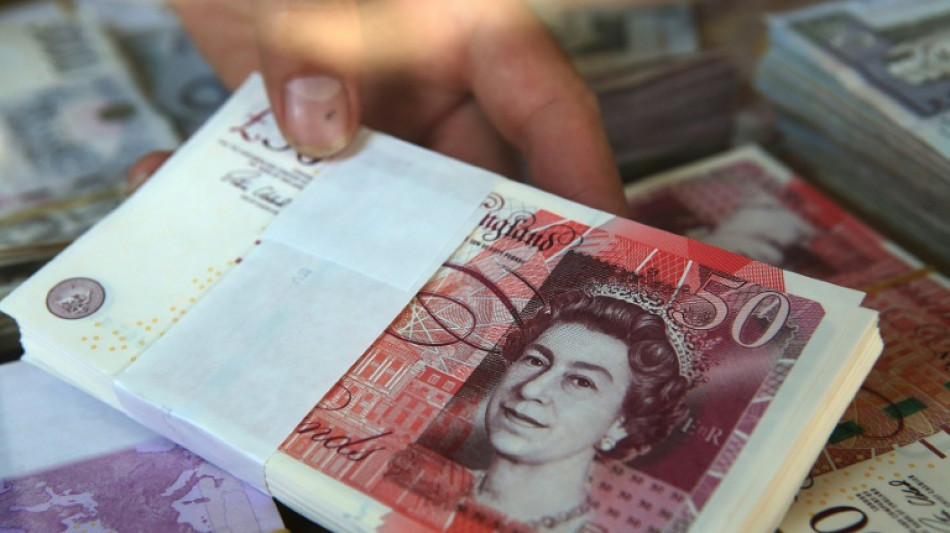

UK borrowing hits five-year high ahead of budget
UK government borrowing reached a five-year high in September, official data showed Tuesday, adding pressure to the government ahead of its annual budget.
The public deficit between April -- the start of the UK fiscal year -- and September hit £99.8 billion ($133.6 billion), the Office for National Statistics (ONS) said in a statement.
It is the highest borrowing figure for the six-month period since the Covid pandemic took hold, and the second-highest since records began in 1993.
The ONS said that in September the deficit, or the difference between public spending and tax revenue, was £20.2 billion, up £1.6 billion from a year earlier.
The government, led by Prime Minister Keir Starmer, is under pressure to fix public finances without stifling already lacklustre economic growth.
To help balance the books, finance minister Rachel Reeves is widely expected to hike taxes in the budget at the end of November.
Reeves increased certain levies in her inaugural budget last October, which experts argue has hindered UK economic growth.
Along with sluggish growth, Britain also faces elevated inflation.
One reason for the Britain's worsening deficit is an increase in debt interest payments, as rising inflation has made it more expensive to service certain inflation-linked bonds, according to analysts.
"No wonder the government isn’t winning any extra supporters: they are borrowing more to fund previous borrowing, which is a debt doom loop," said Kathleen Brooks, research director at XTB trading group.
J.Lee--RTC



